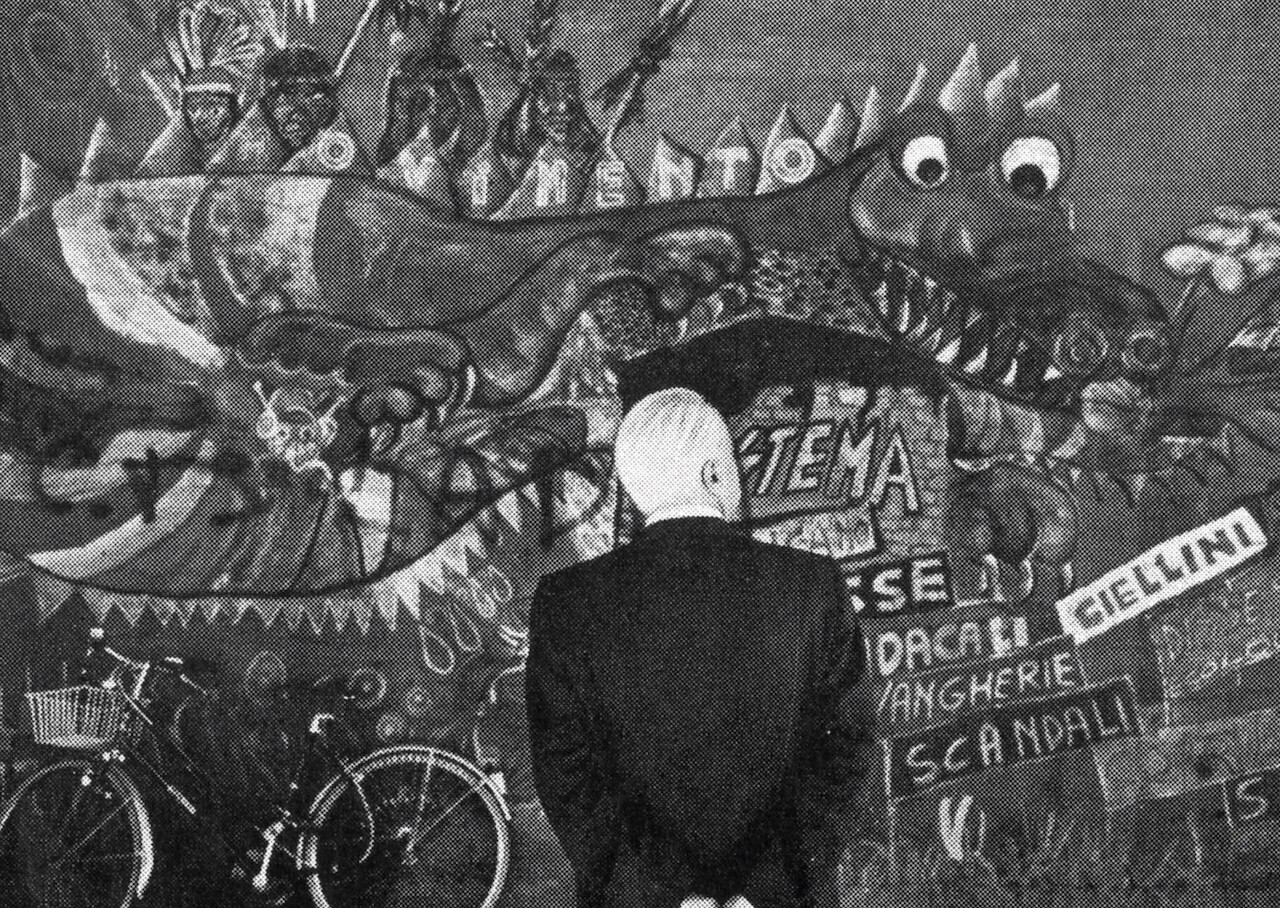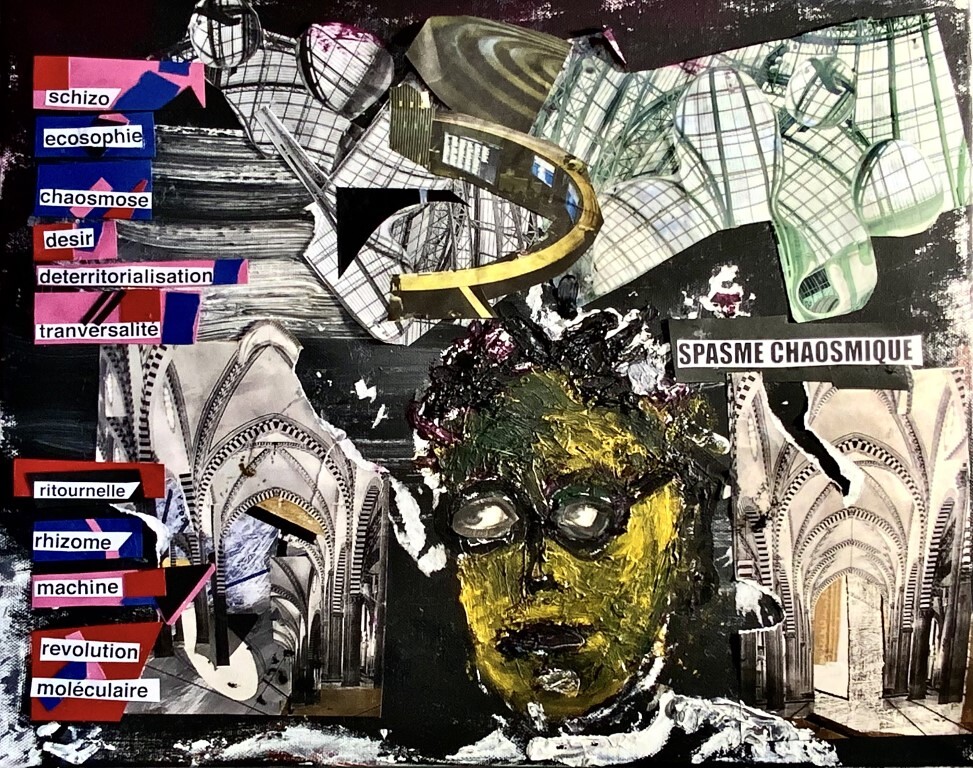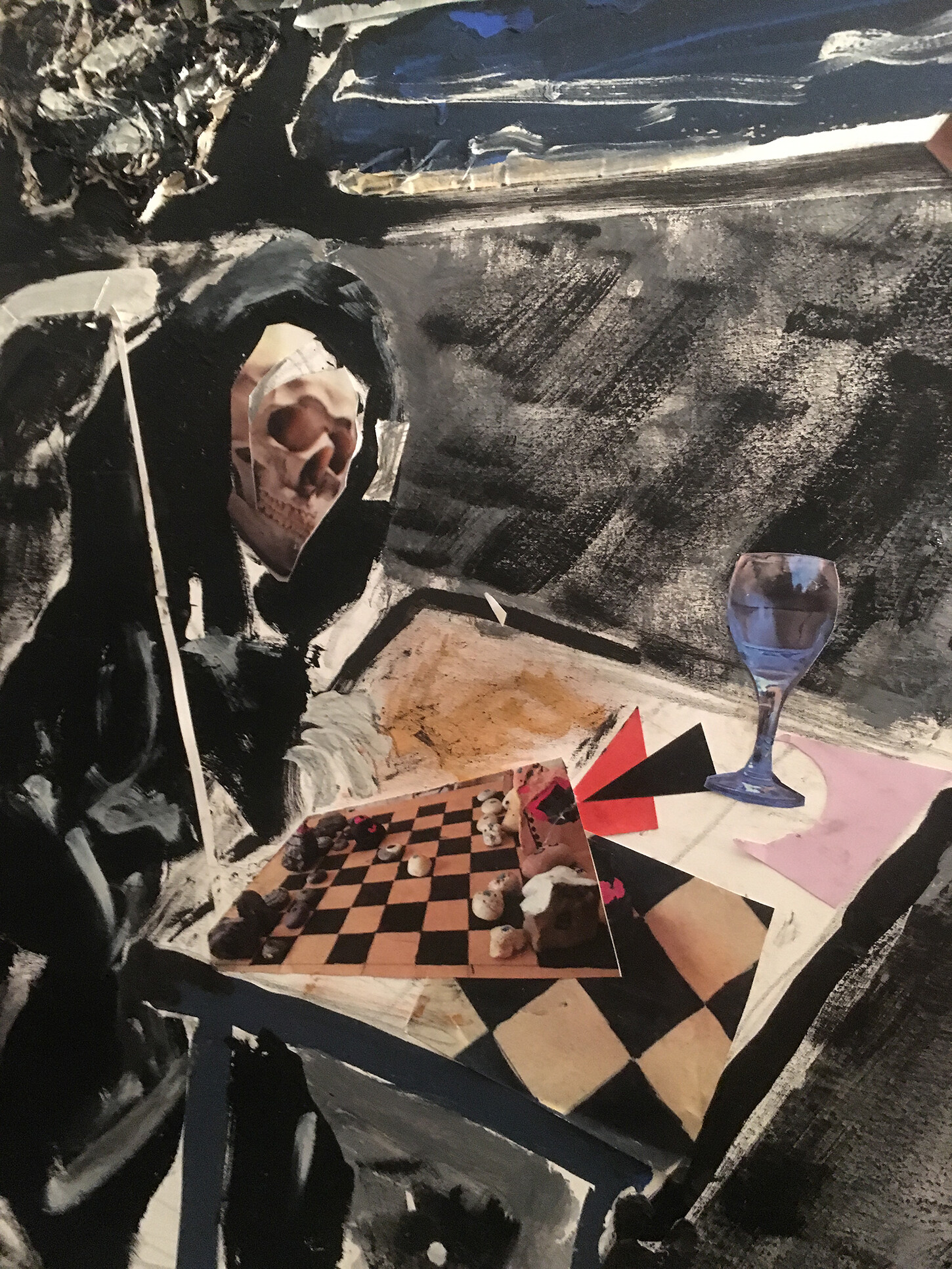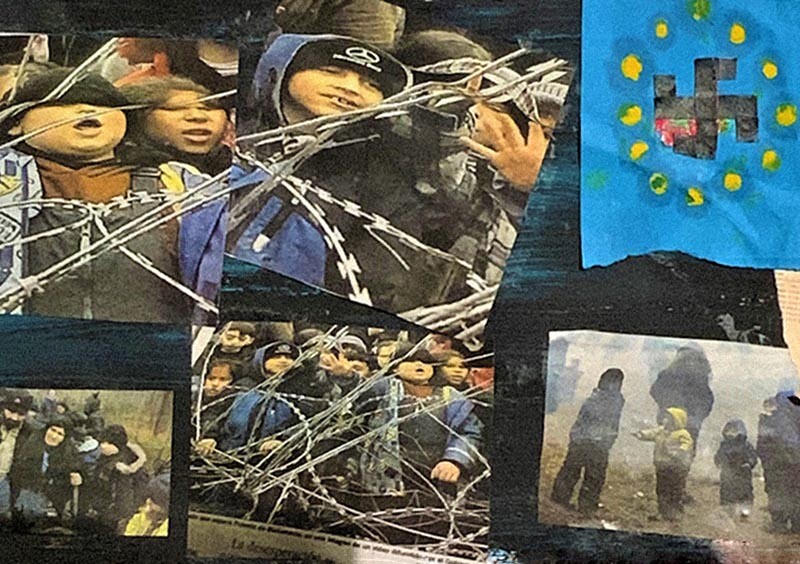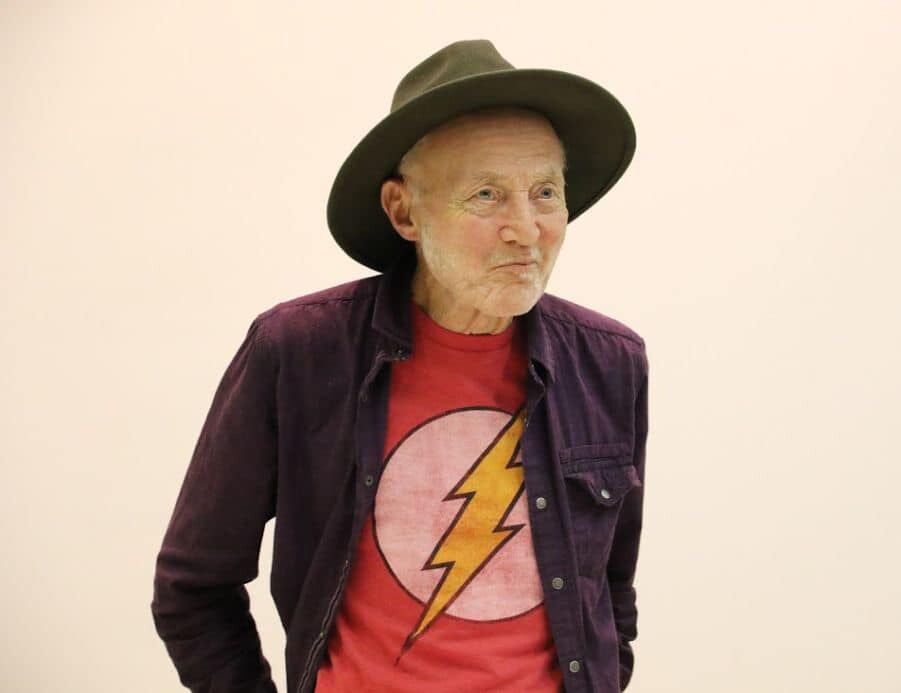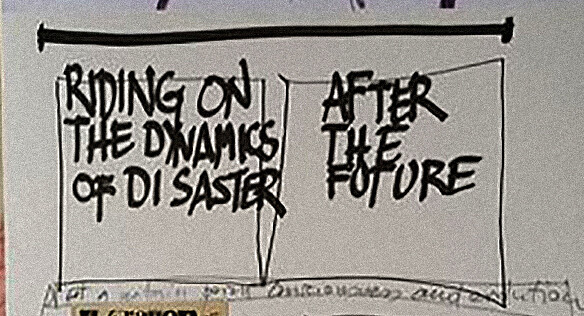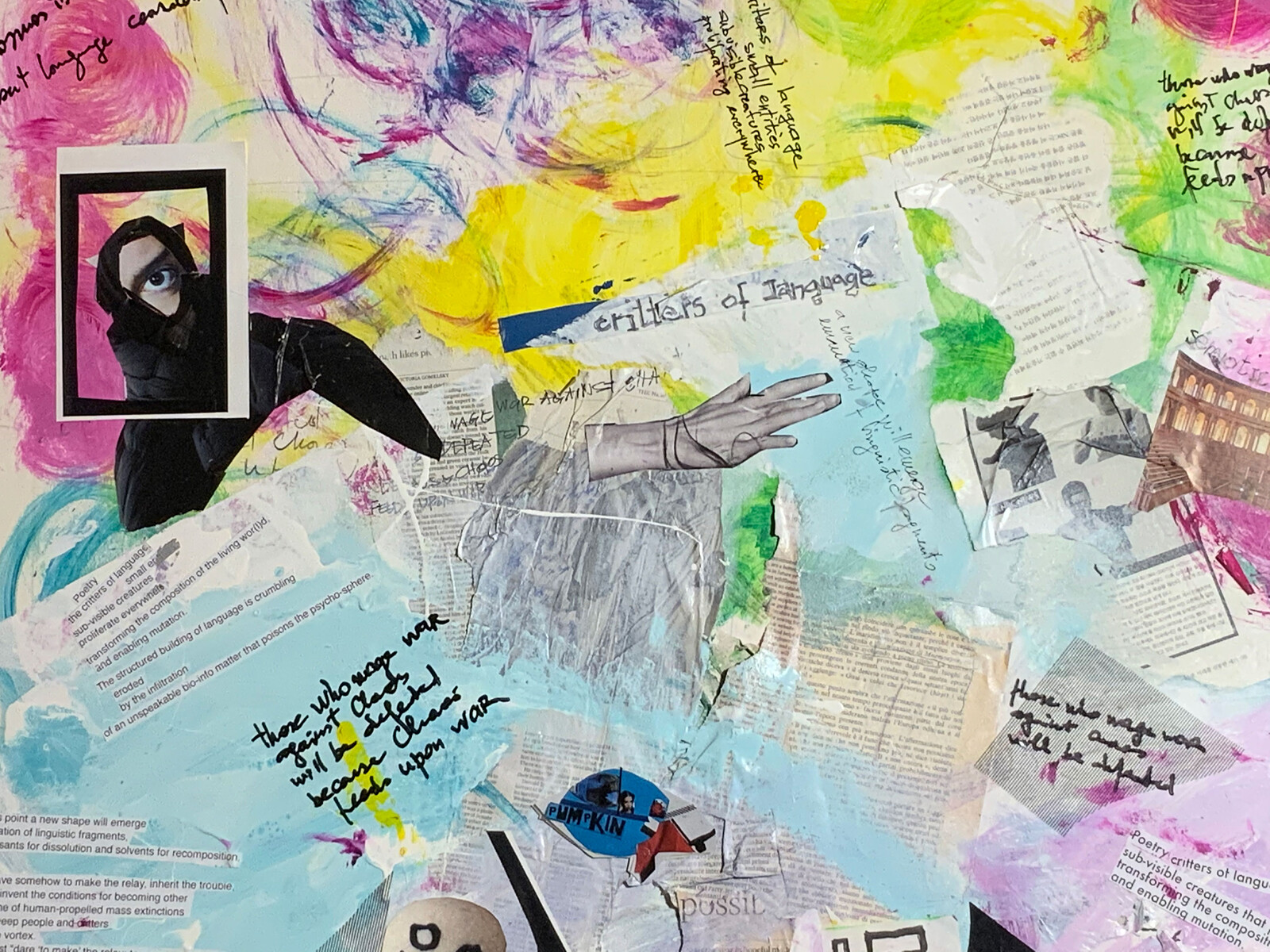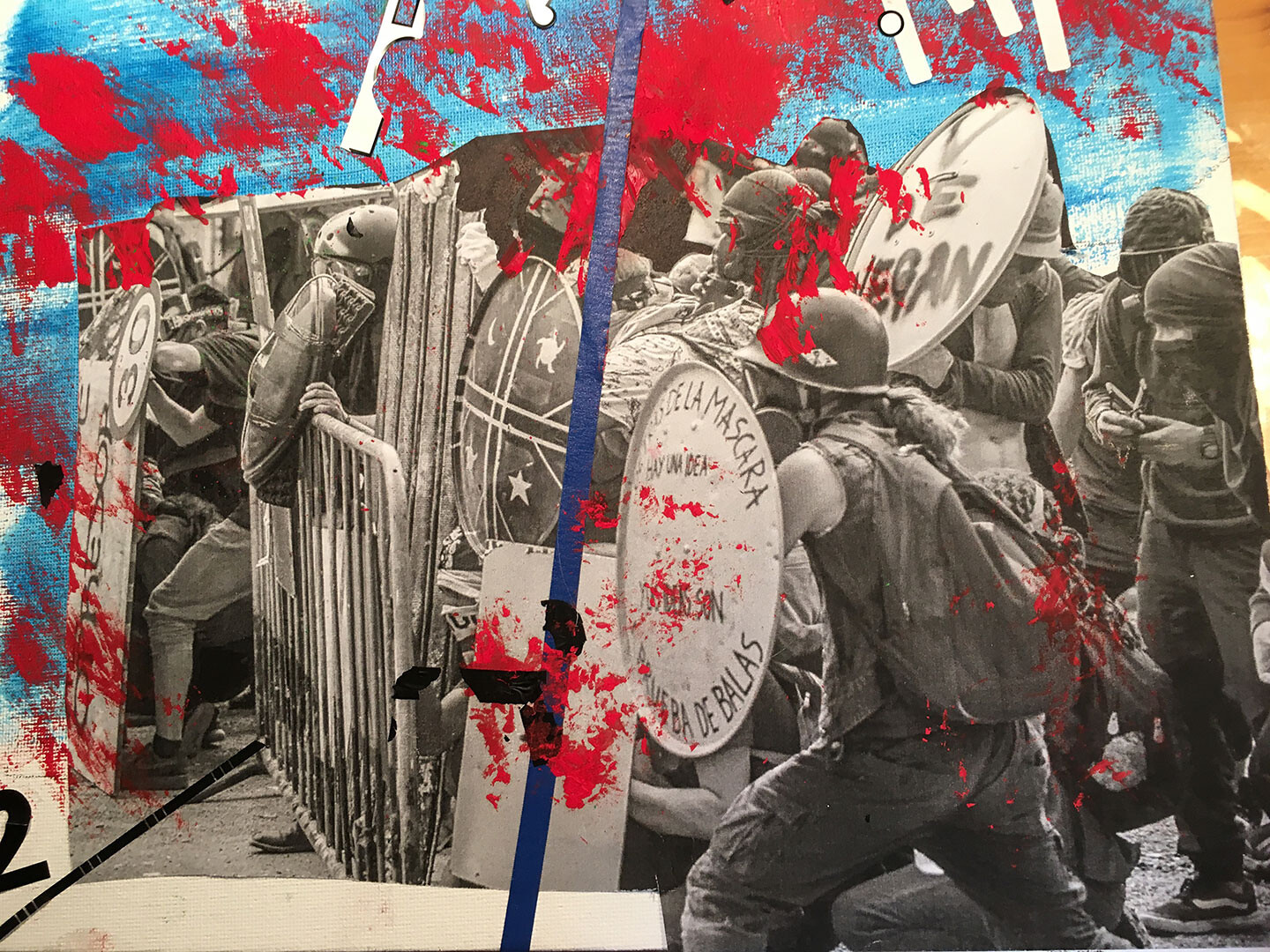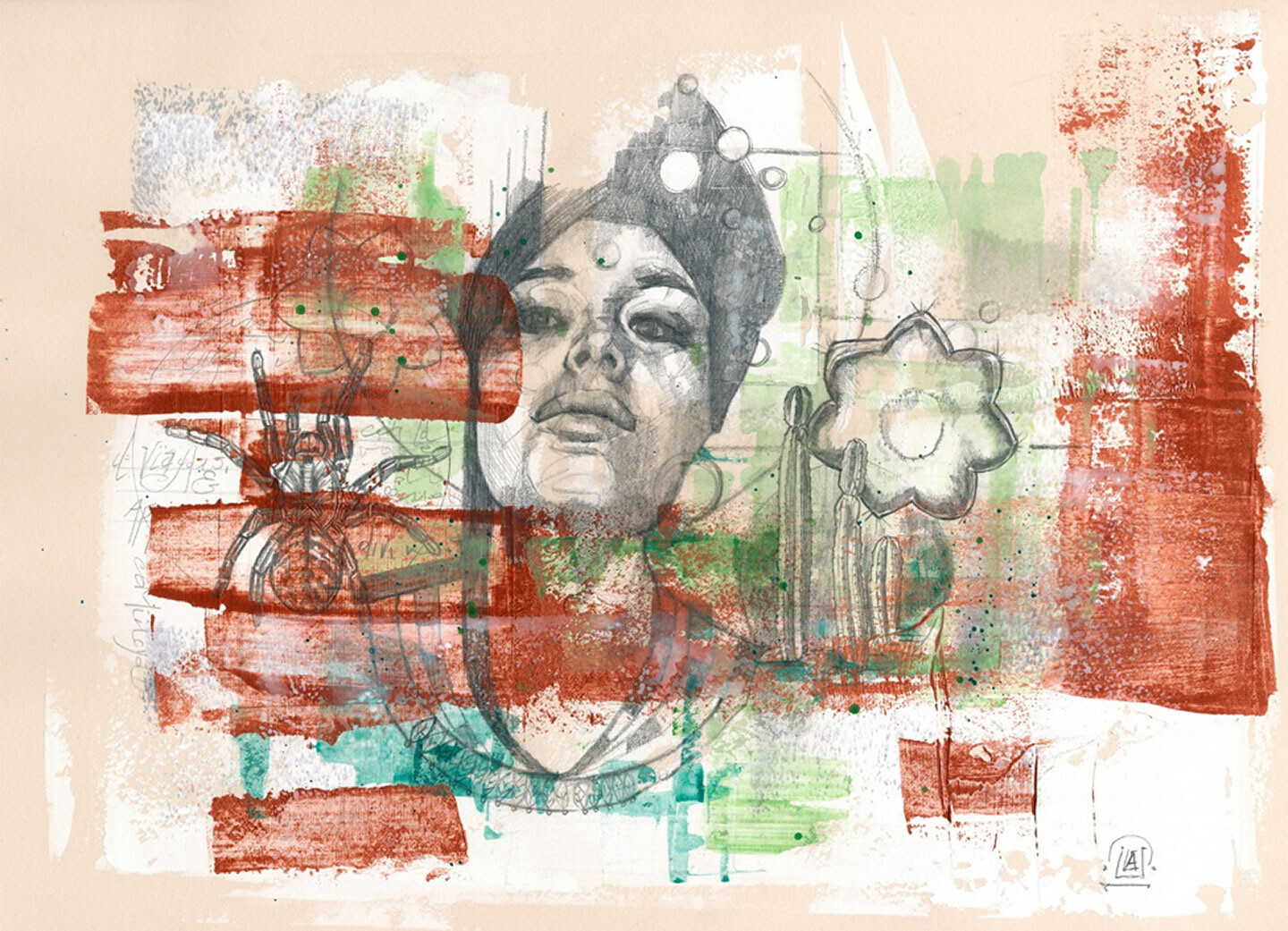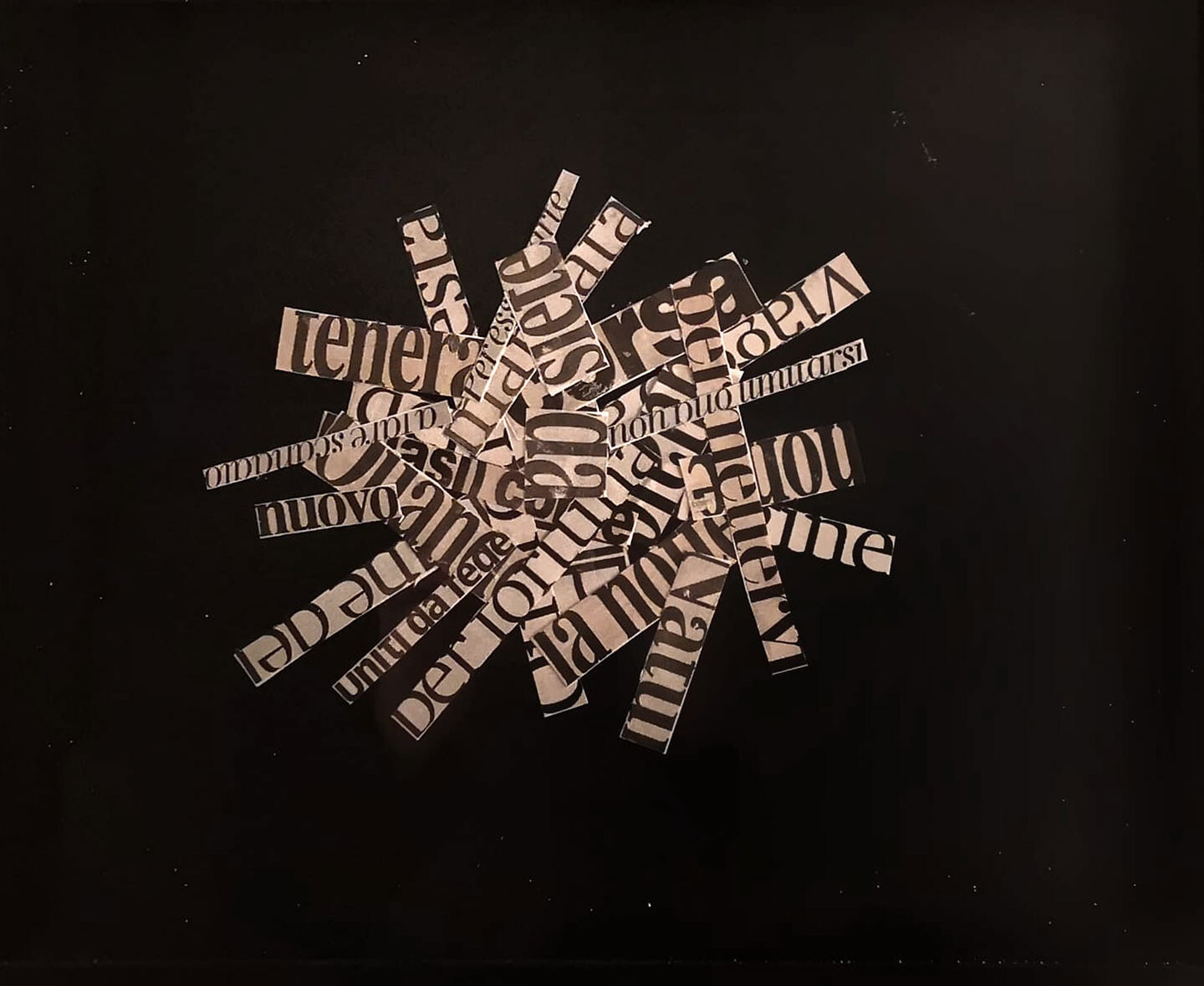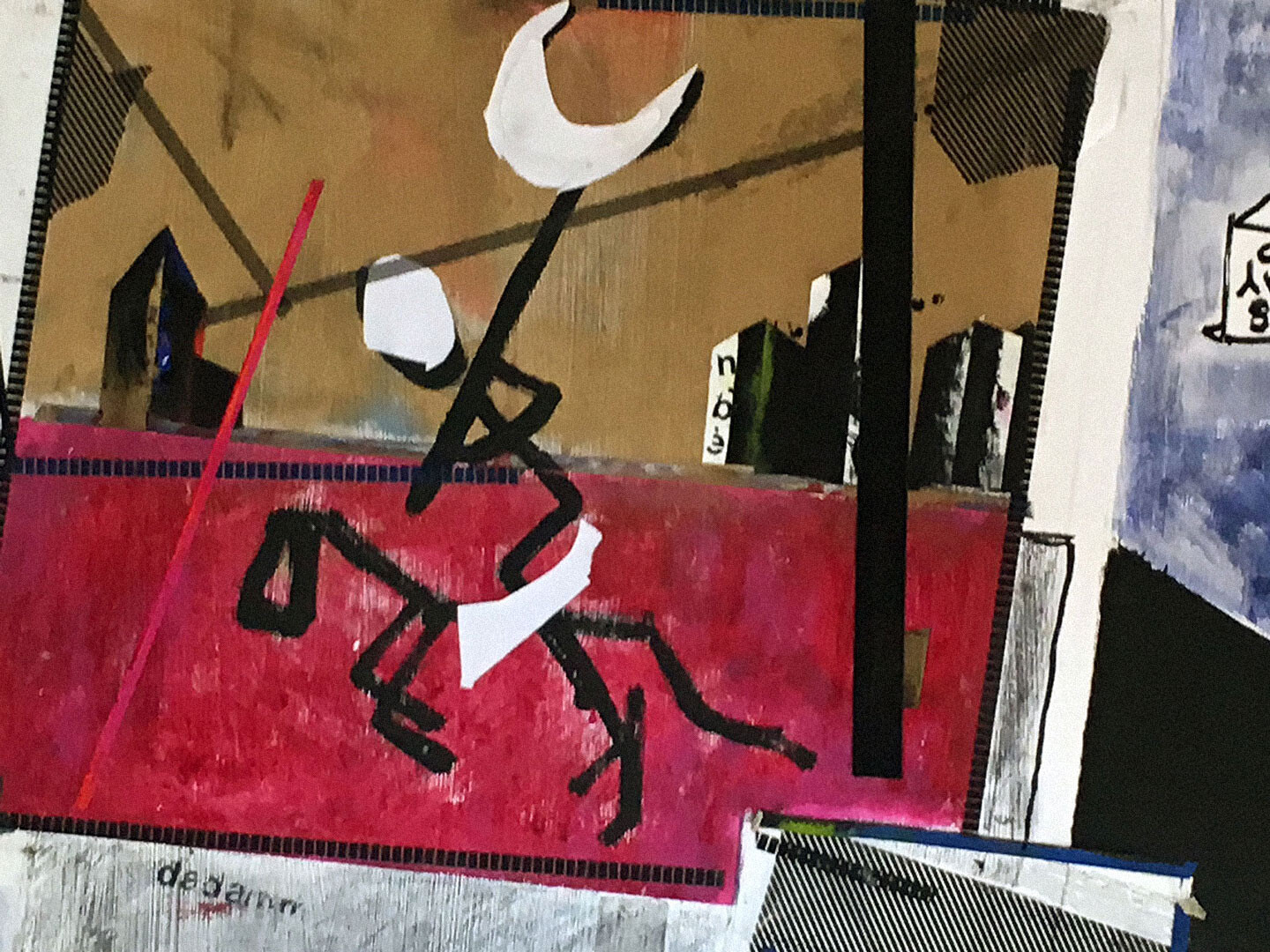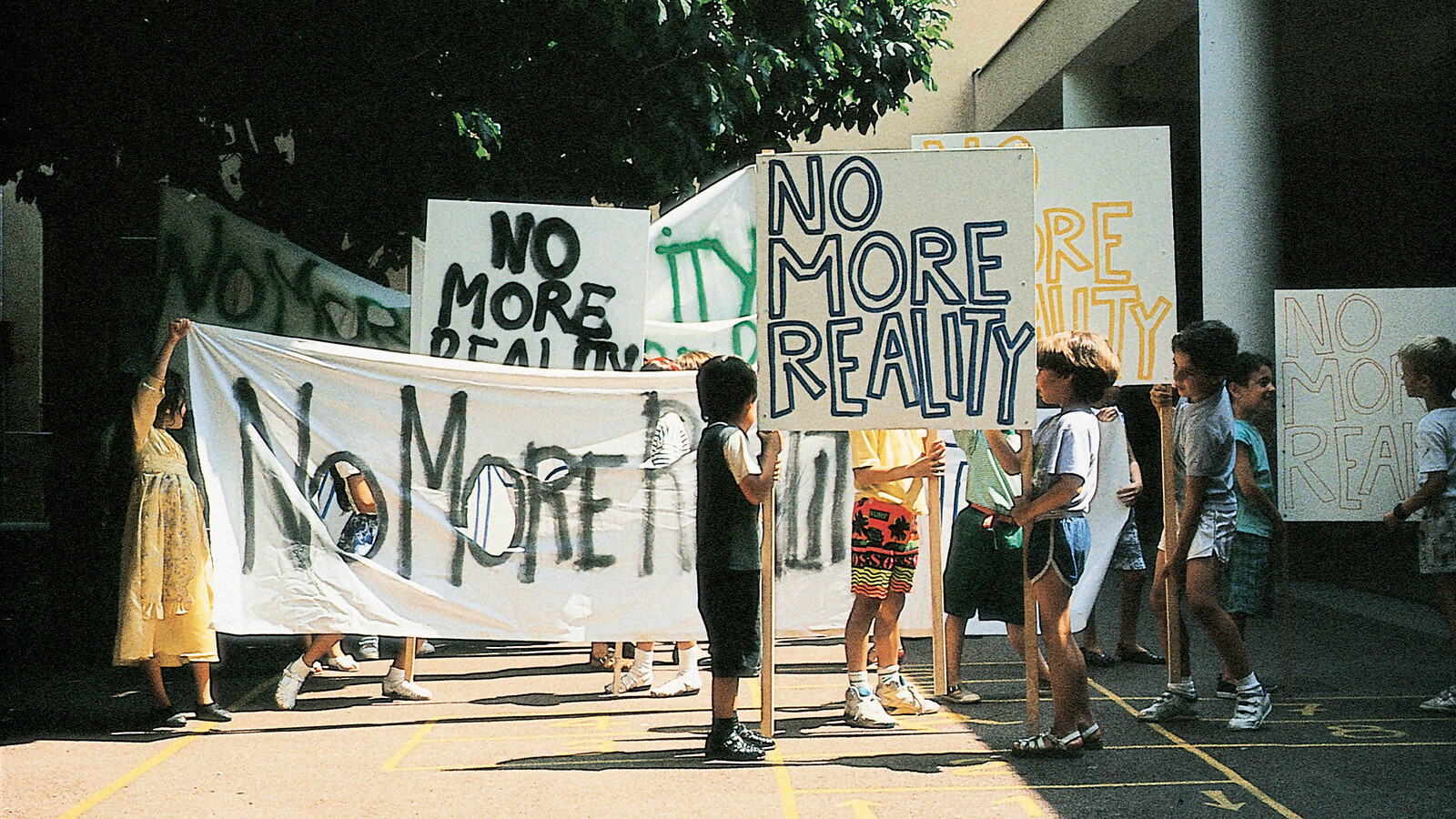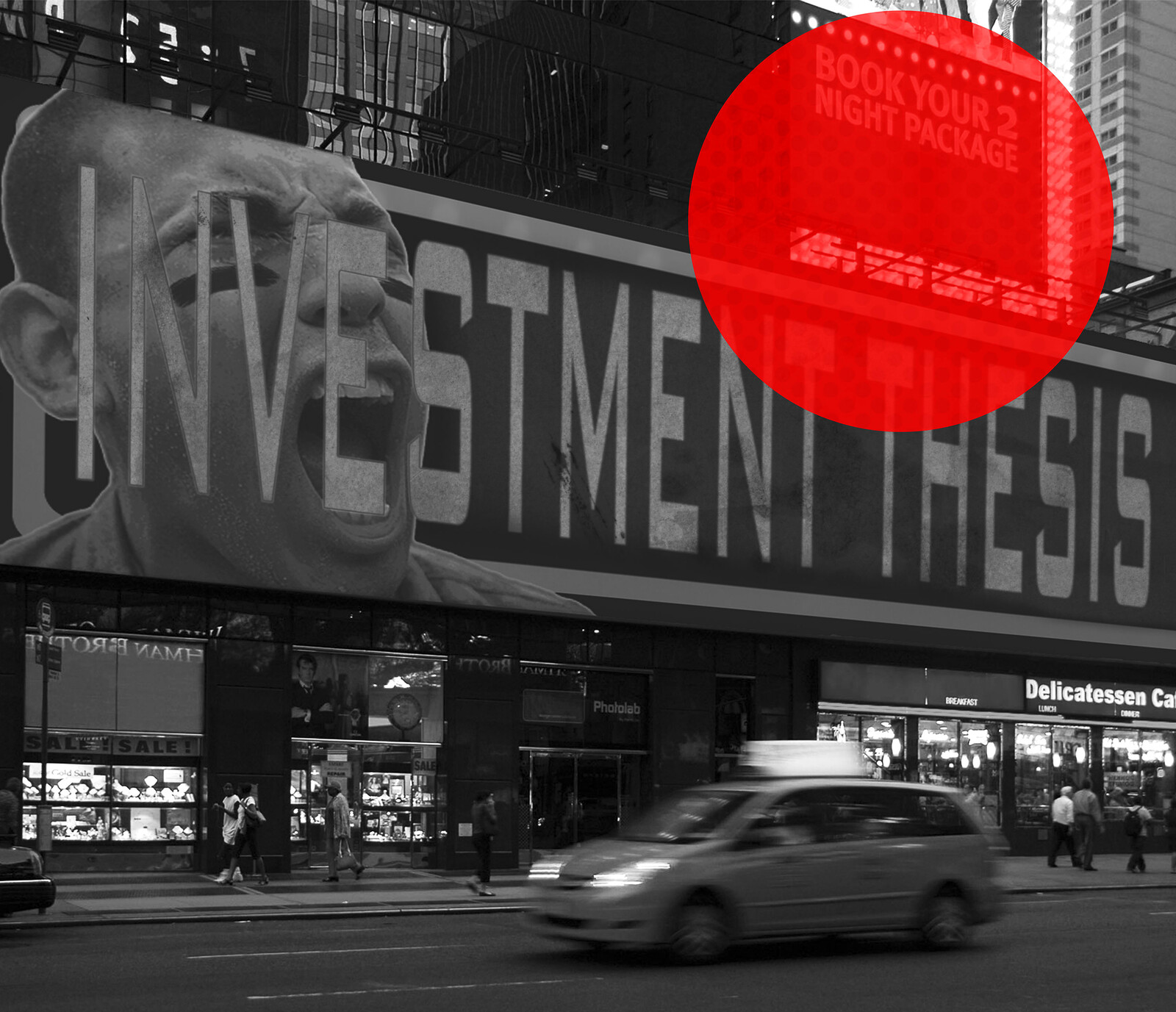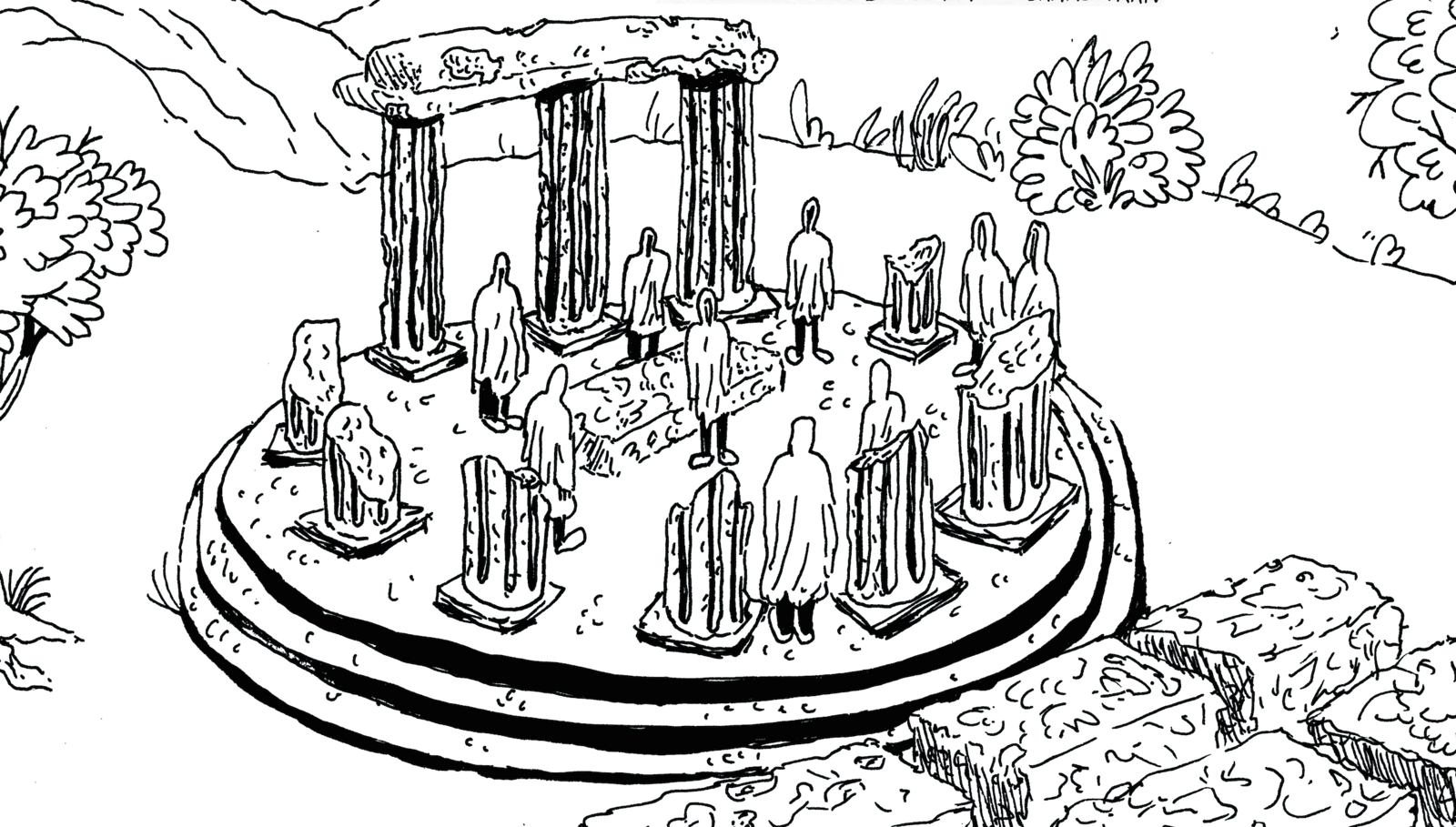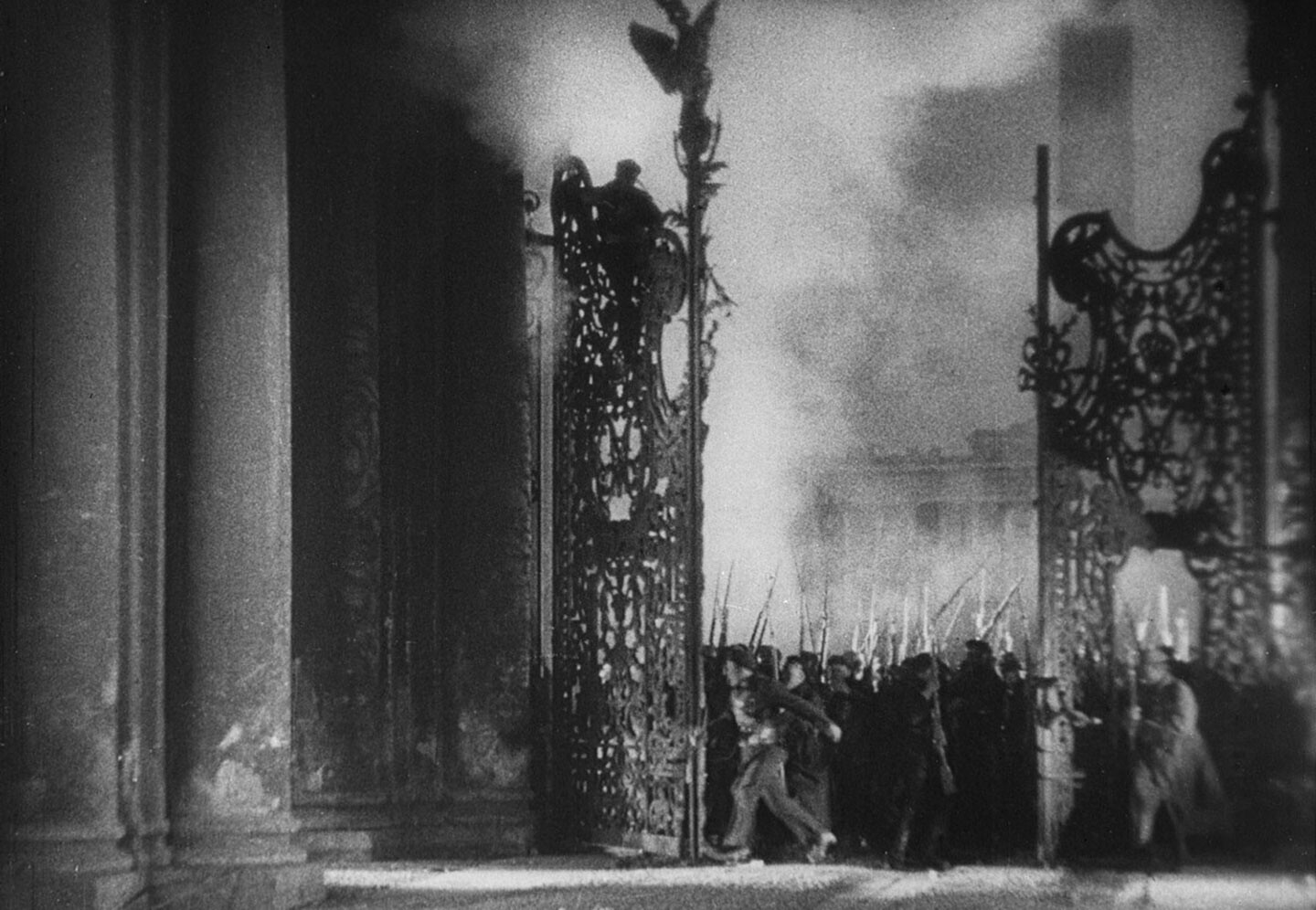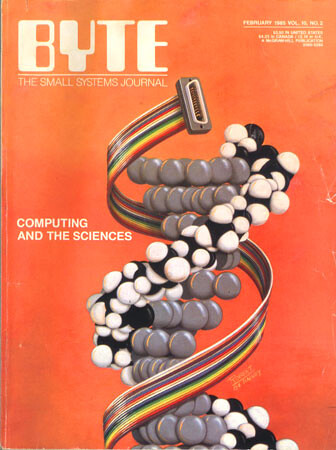Two parallel world histories are unfolding, with ubiquitous but still disparate points of intersection: the history of geopolitical, environmental, and mental chaos on the one hand, and the history of the automatic order that is extensively concatenating on the other. Will it always be like this, or will a short circuit happen in which chaos takes over the automaton? Or will the automaton rid itself of chaos, eliminating the human agent?
In 1974, I was in compulsory military service, living in an Italian army barracks. But military life was not my cup of tea and I was looking for a way out. A friend suggested I read a French philosopher. And so, I began to read Félix Guattari.
Given that the war is inexplicable in strategic terms, to understand the war we don’t need to think geopolitically, but rather psycho-pathologically. Perhaps we need a geopolitics of psychotic outbursts.
It is only in psychopathological terms that this geopolitical dynamic can be deciphered, as the Afghan defeat has crystallized the perception of an inevitable decline of Western supremacy. The Western mind is reacting with a panicked psychosis that could herald a suicidal act. Nothing can interrupt the dynamic of this intersection of paranoid delusions. The only thing we—as intellectuals, as activists, as therapists searching for new subjectivities—can do is prepare for chaos and imagine lines of flight.
We’ll miss Sylvère because he was a friend. But we’ll also miss him because now, more than ever, we need spiritual adventurers and cultural explorers like him.
Today, after two decades of this rule by those beasts, capitalist domination endures because a subjectivity capable of emancipating itself is not able to emerge. When those thousands descended on Piazzale Kennedy in Genoa, when a collective subjectivity roared through the streets, the police of capitalist empire showed their fascist nature, as they have done many times since, in Ferguson, in Athens, in Santiago. But Western civilization is in agony. Maybe capitalism and the West are diverging. Either way, the capitalist kingdom of abstraction and accumulation remains strong while the living organism of humanity is breathless.
How can we explain the fact that some anarchists and many other leftists are respecting health rules dictated by a “state of exception,” while fascists are the ones reclaiming their freedom to do whatever they like? There is a comedic exchange of roles, whereby fascists proclaim themselves as the “defenders of freedom” and progressives emerge as the defenders of the law.
Thanks to his ignorance and moral abjection, Donald Trump represents the true soul of America, the unmovable soul of a population formed by a never-ending sequence of exploitation, oppression, bullying, invasions, and abominable crimes. Nothing but this. There isn’t an alternative America, as many thought in the 1960s and ’70s. There are millions of women and men, mostly nonwhite, who have suffered from American violence, and especially at a certain point in the ’60s and ’70s, fought to reform America to become more human. They failed, because there is no way to reform a nation of bigots and killers.
Once he entered the booth, Isidoro sat on the wooden bench and the screen immediately lit up on the wall across from him. The Cells of the Everpresent had curved screens across which the lives of the departed ran nonstop. On the concave back wall runs a trembling, electronic afterlife. Ectoplasms of the past are continually rearranged by grabbing brief fragments of video recordings from the prior existence, and combining them with clips from the present. Friends and relatives are televised, sending in images where they recollect the one lying beneath.
Forty years ago, I remember shouting, “No future! No future!” with some young British musicians. I thought it was the provocation of an unlikely avant-garde. Now, everybody thinks that the future is over; now, the sentiment aligns with a conformist position held by most of humankind. “No future” has become common sense, and this is why cynicism is expanding in contemporary culture, in contemporary political behavior. Futurism was the expression of a society that expected something from the future, and of a society that truly felt the warmth of community, whether encapsulated in the nation, the family, or social ties to working communities. All the above was the reality of lived experience a hundred years ago. No more! Today, the nation is a nonexistent thing. The dissolution of the nation is an effect of the pervasive digitalization of information and of power based on information. Do you think that Google belongs to the United States? Not at all. The United States belongs to the territory of Google. So does Italy, and France, and so on.
She couldn’t move, and this quickly distorted every perspective, collapsing the vanishing points. She transmitted her instability to the surroundings, a fluctuation that made it impossible for her to grab on to something. To grab on to anything. All her memories had dissolved into that uncontrollable fluctuation. This was why she took Remembrant, so she could see them scroll by as though on a roll of celluloid. She knew they were hers, those memories, but she didn’t recognize them. Her memories from ten years earlier when she threw her arms around her mother’s neck, and her memories from two nights ago—which she felt in her muscles and tendons, but didn’t recognize—when she had come across the two old corpses, like buoys tossed around by a stormy sea, by a storm which had its origin in herself. She had bludgeoned them repeatedly in order to finally attain a bit of calm.
But a bird in flight has no idea of the shape of its flock. The idea of a flock emerges from creatures that are completely unaware of their collective form, of its size and formation. A bird that joins a flock is blind to the grace and cohesiveness of the geometries of flight. After their flash action, those kids return to their daily activities. They do their homework and curl up in front of the TV to watch a reality show. The brain of a bee can remember things for six days, but the beehive as a whole has a memory of three months, which is twice the average life span of a bee. Ah, I forgot—producing a single spoonful of honey takes the entire life span of twelve bees. Think of that the next time you spread honey on a piece of toast. Think of it, my friend.
Environmental collapse, global civil war, nuclear proliferation, and epidemics of panic and depression are steps towards extinction. But this is not the end of the world, since abstraction has created a world of its own, subsuming social language and prescribing the social forms of interaction.
The history of social civilization in the last two centuries may be read as an attempt to escape the inflexible law of the survival of the fittest. Social solidarity has been the attempt to transform the world into an anti-natural place of no competition. The autonomy of politics and ethics from the natural law of evolution was based on the conscious limiting of the power of intelligence. When intelligence is not restrained by sensibility, it deploys as brutal force.
“Do not expect the nightmare to dissolve. Liberal democracy will not come back. It is the source of disaster.”
The dynamics that led to the ascent of the Nazis and then to the Second World War are back. Contemporary nationalist parties are echoing what Hitler said to the impoverished workers of Germany: you are not defeated and exploited workers, but national warriors, and you will win. They did not win, but they destroyed Europe. They will not win this time either, but they are poised to destroy the world.

